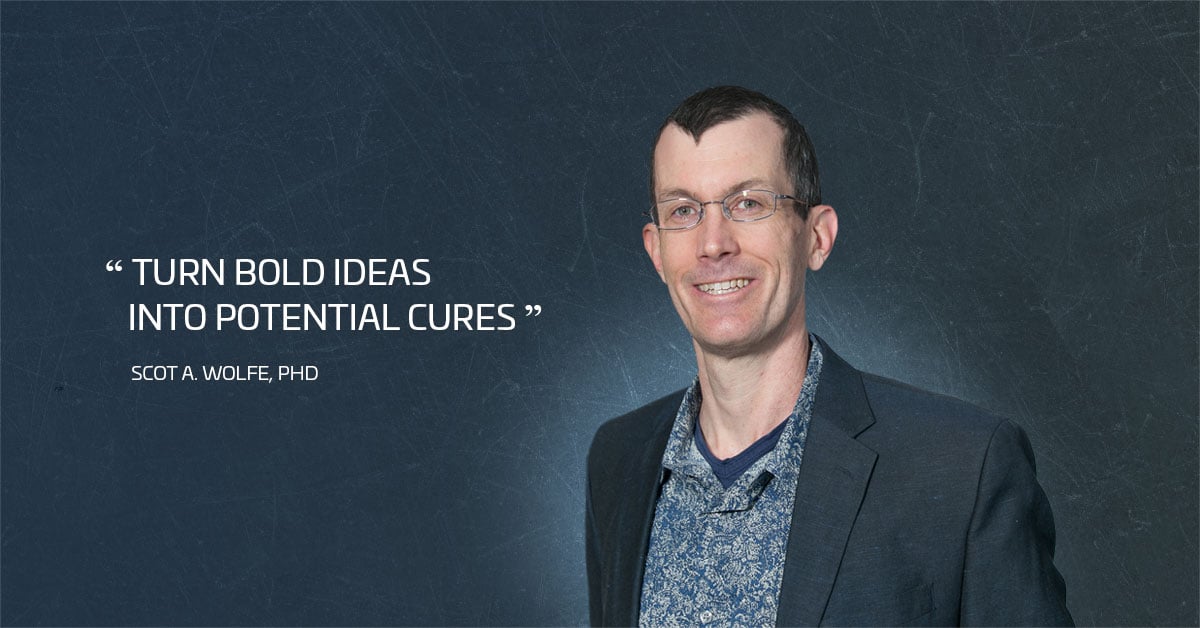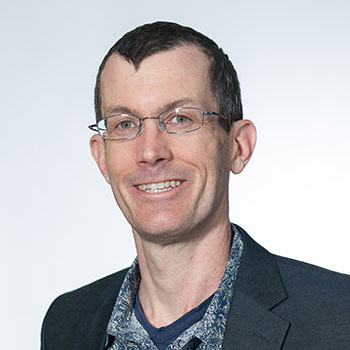Optimizing Genome Editing Technologies for Therapeutic Application

The research in my laboratory is focused on improving genome editing technologies so that they can be applied to the development of therapeutics. Inspired by the opportunity to improve the lives of patients with debilitating disorders, my lifelong goal as a scientist is to translate genome editing technologies to the development of therapeutics for a variety of diseases, both common and rare. We are developing genome editing strategies to repair or correct genetic defects in patients with genetic disorders including Hermansky-Pudlak syndrome, limb-girdle muscular dystrophy, and Rett syndrome. We are also creating artificial gene regulation systems for the treatment of neurofibromatosis type 1. The molecular tools that we are developing will leverage various delivery systems to target specific organ systems that are affected in these disorders.
Research Impact on Rare Diseases
My laboratory is developing reagents that, if proven effective and safe in model systems, could be advanced to clinical trials for the treatment of various disorders. We are actively working to characterize these systems in more depth, and will then move toward clinical trials. Our work on genome editing systems, in conjunction with efforts by other scientists also working on genome editing and delivery systems, should result in a revolution in the form of new treatments for a number of different diseases.
Advancing Research Through Patient Participation and Donor Contributions
We cannot advance new therapies to the clinic without the participation of patients in clinical trials. For example, the current success of treatments for many forms of leukemia are founded on the collaboration of patients and doctors in prior clinical trials.
In addition to patient participation in clinical trials, donor contributions can make a significant impact on the future of rare disease research. In many instances, limited funding resources are delaying the ability of scientists to advance basic science research toward the clinic. I encourage individuals who are passionate about facilitating cures for a disease, and have the funds to contribute to the cause, to engage the scientific community to help turn bold ideas into potential cures.
About Scot A. Wolfe

Scot A. Wolfe, PhD, is a professor in the Department of Molecular, Cell, and Cancer Biology at the UMass Chan Medical School. He earned a PhD from Harvard University and received postdoctoral training at Massachusetts Institute of Technology where his work was supported in part by the Leukemia & Lymphoma Society.
Wolfe Lab Website